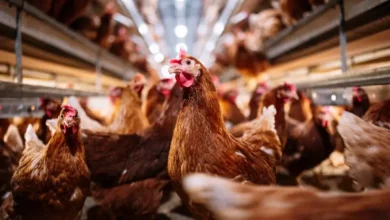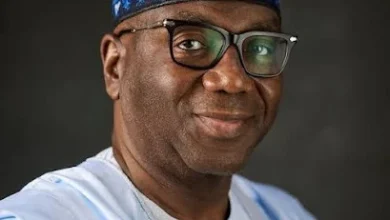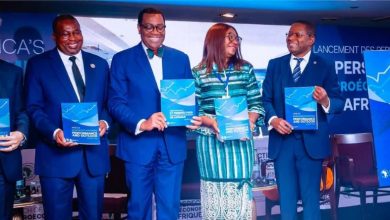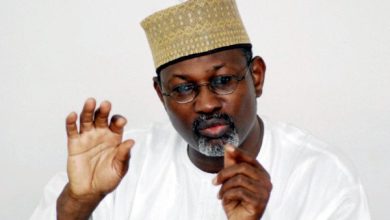Agriculture
Sowing Seeds of Abundance: Kwara’s Bold Bet on Farmers
Governor AbdulRazaq Flags Off Massive Distribution of Farm Inputs and Machinery

Kwara State Governor AbdulRahman AbdulRazaq on Thursday flagged off another round of distribution of machineries and agricultural inputs to farmers across the 16 local governments as this year’s farming season gets underway.
The Governor called the gesture another practical demonstration of his administration’s commitment to food security, poverty reduction, and economic growth.
“Our administration has consistently prioritised agriculture, not just as a sector, but as a tool to empower our people, strengthen rural livelihoods, and create sustainable jobs,” the Governor said in Ilorin at a symbolic distribution of the agricultural items.
“What we are flagging off today is another wave of this assistance. More distributions will follow in organised batches, reaching deeper into our communities and reinforcing our shared productivity.”
The Governor spoke through his Senior Adviser and Counsellor, Alhaji Sa’adu Salau.
The government has always distributed tractors, implements, and inputs to farmers across the state—a culture that many farmers attested to at the event.
Among the items distributed on Thursday were 16 additional tractors,16 ploughs, 16 harrows, and 16 ridgers; 32,000kg (1,600 bags) of maize seeds, 18,000kg (360 bags) of Faro 44 rice seeds, and 10,800kg (270 bags) of TGX 1951 soya bean seeds; 720 sachets of inoculants to support nitrogen fixation and boost legume productivity; 5,040 bags of NPK (20:10:10), 5,040 bags of urea, and 720 bags of Single Super Phosphate (SSP); herbicides; 2,100 kg of atrazine for maize, 720 litres of butaforce for rice, and 2,880 ml of butaforce for soya beans.
Others were 4,320 litres of striker for maize, 7,200 litres of riceforce for rice, and 720 litres of legume force for soya beans; and 2,400 knapsack sprayers to ensure efficient use of chemicals on farms.
AbdulRazaq was happy at the notable progress the government has made in the sector, citing the rehabilitation of several rural roads that connect farm communities, and the expansion of access to quality inputs and mechanisation services.
The government has also invested in irrigation systems, supported farmer cooperatives, and opened up opportunities that allow the farmers to thrive, he added.
The Governor urged the benefitting farmers to use the items wisely for the transformation of their farms and communities.
“These inputs are not handouts—they are investments in your productivity, your future, and the prosperity of our state,” the Governor said.
At the event were cabinet members and top officials, local government chairmen; Emir of Shonga Dr Haliru Yahaya; APC chieftains; women support groups; youth; and farmers.
Commissioner for Environment, Nafisat Buge, said the interventions were carried out under the Agro-Climatic Resilience in Semi-Arid Landscapes (ACReSAL), a programme in partnership with the World Bank.
Buge said food security is a major objective of the ACReSAL programme, adding that the event was a fruit of the wise investment of Governor AbdulRazaq’s administration.
Commissioner for Agriculture and Rural Development, Dr Afeez Abolore, and his counterpart in the Water Resources, Hon. Yunus Usman Lade, in their separate remarks, lauded the initiative and how the Governor has implemented it with passion for the good of Kwarans.
State Project Coordinator for ACRESAL, Alhaji Shamsideen Aregbe, said the programme seeks to empower local farmers with essential resources towards enhancing their productivity and livelihoods.
Aregbe said the government in December 2024 distributed 193 motorcycles to agricultural extension agents across the 16 local governments to further ease their business.
Chairman Kwara State Farmers’ Support and Welfare Association, Abdullahi Ahmed, who spoke on behalf of the beneficiaries, thanked Governor AbdulRazaq for his support for farmers over the years and his unwavering commitment to achieving food sufficiency in the state.
(kwaramoc.com.ng).
(kwaramoc.com.ng).





